The first symptoms appear in the first weeks of pregnancy. Pregnancy symptoms usually result from hormonal changes. Increased secretion of estrogen and progesterone can affect the whole body, so the symptoms are varied.
The lack of a period most often suggests pregnancy and draws a woman's attention. Menstruation consists of the cyclic exfoliation of the endometrium, which manifests itself in characteristic menstrual bleeding.
Menstrual bleeding occurs once a month and lasts from three to seven days. It is a natural process and an integral part of a woman's cycle. Bleeding indicates that fertilization has not occurred, so when a woman notices a lack of bleeding, it can alert her. The exception is women who have irregular periods for various reasons.

On the other hand, blood spotting![]() may occur instead of a period. Small amounts of blood-staining underwear can cause concern. This is because sometimes this symptom indicates disease and requires a visit to a gynecologist. In the case of pregnancy, it is implantation bleeding. It occurs when a fertilized egg cell nests in the lining of the uterus. This symptom can be seen among some pregnant women. Spotting usually occurs during consecutive, non-fallen periods.
may occur instead of a period. Small amounts of blood-staining underwear can cause concern. This is because sometimes this symptom indicates disease and requires a visit to a gynecologist. In the case of pregnancy, it is implantation bleeding. It occurs when a fertilized egg cell nests in the lining of the uterus. This symptom can be seen among some pregnant women. Spotting usually occurs during consecutive, non-fallen periods.

During the first weeks of pregnancy, you may also notice cramps. They are similar to menstrual cramps. It is mild lower abdominal cramps that accompany implantation spotting. This first sign of a very early pregnancy is often disregarded, as women consider it intra-cyclic spotting or a slightly earlier onset of menstruation. However, if menstruation does not appear after spotting combined with cramps, there is a high possibility of pregnancy.

Elevated levels of pregnancy hormones and accelerated metabolism in early pregnancy can cause a feeling of flooding heat resulting from increased body temperature. The high temperature remains constant and can last for up to three weeks. This increase is due to the effects of progesterone. A cold or even the flu easily explains the higher temperature and the associated malaise. Many women mention that the first symptoms of their pregnancy were similar to the flu.

Morning nausea![]() is a classic pregnancy symptom, which vomiting
is a classic pregnancy symptom, which vomiting![]() can further aggravate. This symptom occurs in most pregnant women. They usually occur in the fourth week of pregnancy. Hormonal changes also affect the sensations of nausea.
can further aggravate. This symptom occurs in most pregnant women. They usually occur in the fourth week of pregnancy. Hormonal changes also affect the sensations of nausea.
The symptoms typically appear in the morning and last for several hours, but they can also occur at various times of the day. Certain smells and types of food can intensify nausea and vomiting. Women during this period are susceptible to multiple stimuli. Sometimes, this symptom can be too intense. Excessive vomiting can cause dehydration and significant electrolyte loss.

At the beginning of pregnancy, the breasts may become more sensitive, tender and even cause pain![]() . This happens thus due to an increase in estrogen and progesterone. Swelling of the follicular glands and ducts leading out in the nipples then occurs. Breast pain can take on various intensities. Sometimes it is imperceptible, and sometimes it causes severe pain. Breast-related pregnancy symptoms appear from the sixth week of pregnancy.
. This happens thus due to an increase in estrogen and progesterone. Swelling of the follicular glands and ducts leading out in the nipples then occurs. Breast pain can take on various intensities. Sometimes it is imperceptible, and sometimes it causes severe pain. Breast-related pregnancy symptoms appear from the sixth week of pregnancy.

Pregnancy can cause various symptoms related to the digestive system. Due to hormonal changes, the smooth muscle tone of the colon decreases. It causes increased water absorption, which results in constipation![]() . You may also notice symptoms of a bloated abdomen
. You may also notice symptoms of a bloated abdomen![]() .
.
Hormones slow down the movement of food in the intestines, causing gas buildup, belching, and the feeling of a distended abdomen. The bloating symptoms described above are not dangerous to health. They can be alleviated by optimizing your diet. It is advisable to eat regular meals and be physically active. Flatulence can occur in the early stages of pregnancy. Then, the level of progesterone in the body begins to increase gradually.
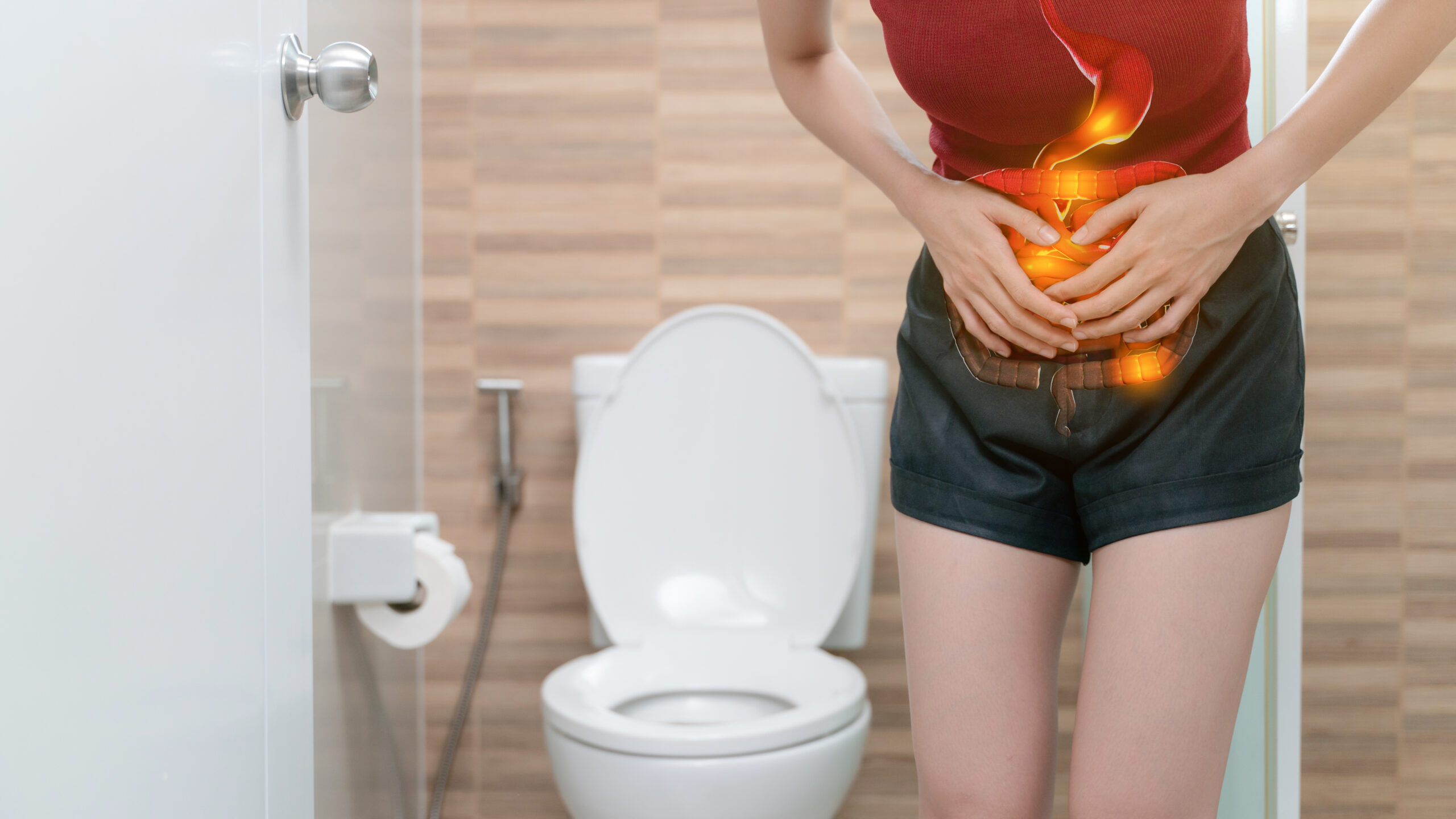
Women in the first weeks of pregnancy may notice the need to urinate more frequently. The pressure of the enlarging uterus causes the urge to push on the bladder![]() . Increased kidney filtration also causes more urine production
. Increased kidney filtration also causes more urine production![]() . Pregnancy does not significantly affect the color, so the yellow color of urine is an entirely natural body reaction.
. Pregnancy does not significantly affect the color, so the yellow color of urine is an entirely natural body reaction.

The symptom of palpitations may appear in the first trimester of pregnancy. This is because progressive hormonal changes increase the amount of blood in the body. The heart then works harder than usual, which may resemble increased palpitation. If vibrations occur frequently and last longer than a few seconds, it is better to contact your doctor.

Increased progesterone levels can also cause heartburn. Heartburn is one of the most common pregnancy ailments, next to nausea. It most often appears already in the first trimester. Symptoms manifest as burning in the throat and esophagus and even chest pain.
Hormonal changes cause the esophageal muscles to relax, causing gastroesophageal reflux, which involves the backflow of gastric juices and causes the symptoms of heartburn. Heartburn in pregnancy can also happen as a result of overeating and in women who enjoy fatty, spicy foods, sweets, and carbonated drinks.

Changes in hormone production can affect the condition of the skin. A pregnant woman may notice symptoms of acne. During the first weeks of pregnancy, sebum may be overproduced. Increased sebaceous gland activity affects the clogging of pores and the appearance of pimples. Discoloration of the face may also appear. In the second and third trimesters, the production of androgens increases, and the complexion improves.

There are many causes of headaches. Headaches can be caused by noise, stress, or fatigue. Inadequate oxygenation can also cause headaches and insufficient sleep – too long-term or too short. But a headache can also be one of the first pregnancy symptoms, in which case its cause is an increase in estrogen levels.
Also, dizziness in pregnancy is an ailment that occurs frequently in most pregnant women. It appears most often in the first trimester and is caused by a large amount of blood circulating through the uterus. The more advanced the pregnancy and the larger the belly of the future mother, the more substantial the pressure of the uterus on the inferior vena cava, and it can manifest as dizziness or even fainting.

A woman's weight can change from the beginning of pregnancy. Some women gain about 6 pounds in the first few months of pregnancy. However, usually, by the 14th week of pregnancy, the weight does not change. Weight gain is a natural phenomenon in the later stages of pregnancy. In contrast, weight gain may be related to hormonal changes at the beginning of pregnancy.

Various pain experiences can occur during pregnancy, such as back pain. Back pain is a symptom that usually appears later – in the second or third trimester of pregnancy. They can be caused by hormonal changes, weight gain, and changes in posture due to a growing belly. The enlarging abdomen and breasts force the pelvis and shoulders forward. Taking care of proper posture, sleeping on your side, and daily physical activity can help alleviate pain.

From the 5th-6th week of pregnancy, congestion of the labia can be noticed. The skin may resemble blue or heavily blooded. It happens due to the effects of progesterone. Because of it, there may also be swelling and increased elasticity of the vagina.
During pregnancy, hormone levels increase. Then there is also an increase in the production of vaginal secretions. Changes in secretions can begin as early as 1-2 weeks after conception. That is, even before noticing the absence of menstruation. Normal secretions at the beginning of pregnancy are transparent or white. They do not have a strong odor—only their abundance changes.
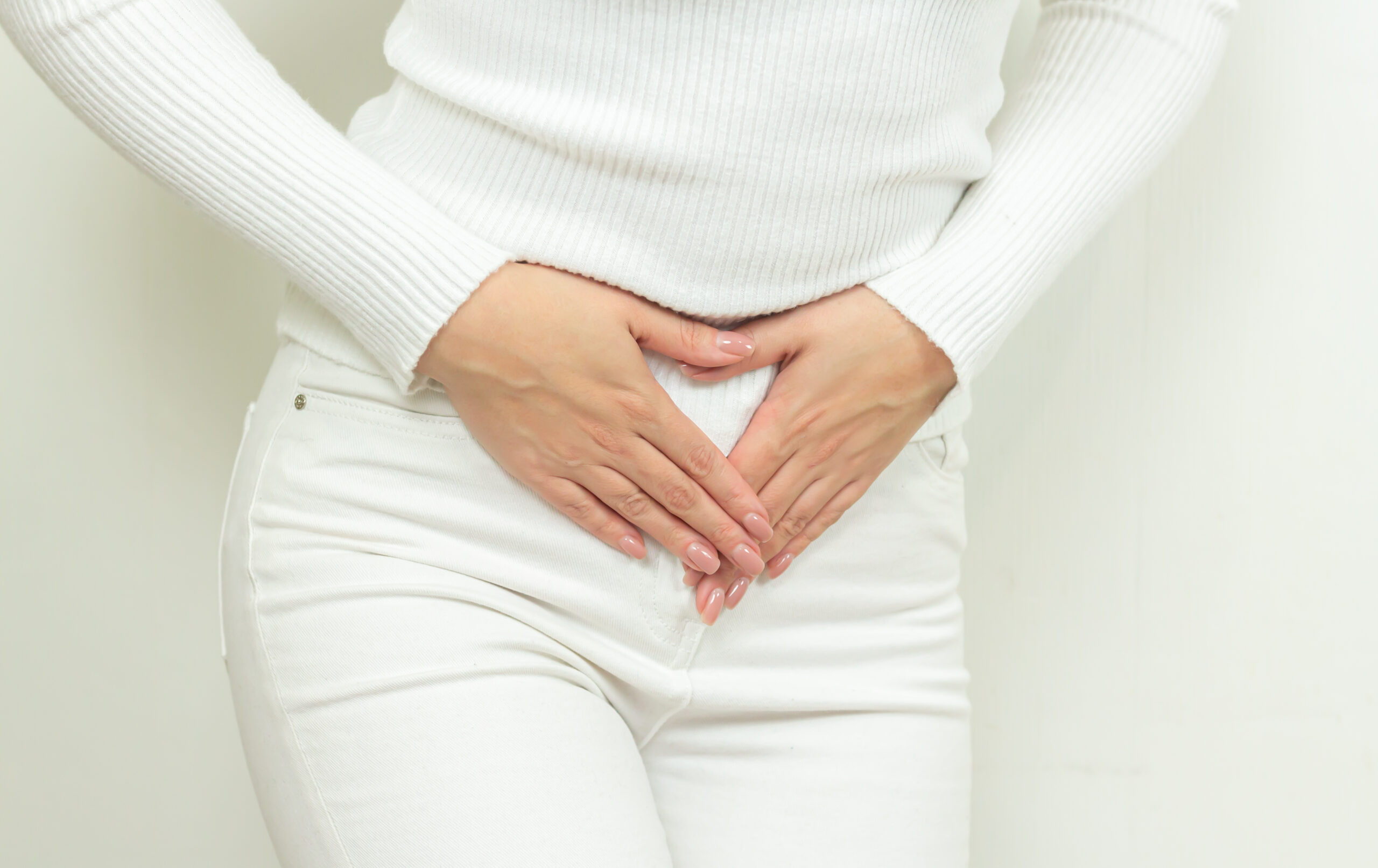
In addition to the physical symptoms of early pregnancy, there are several psychological symptoms. Both of these groups interact with each other. Unpleasant symptoms, pain, and fatigue can affect your mood. A woman's brain does not undergo permanent changes during pregnancy, but hormonal changes can also affect brain work—progesterone and estrogen act on neurons, which can have problems processing information.

Pregnancy is a time of tremendous changes in the body. Significant hormonal changes can, therefore, affect mood swings![]() . Women may feel emotions more intensely during pregnancy. They tend to cry. Mood swings occur in the first three months of pregnancy. An earlier and more specific symptom is increased sensitivity to stimuli. It is related to frequent nausea, activated by various smells and tastes. Sometimes, there are also problems with concentration and memory. But it usually occurs in the later stages of pregnancy.
. Women may feel emotions more intensely during pregnancy. They tend to cry. Mood swings occur in the first three months of pregnancy. An earlier and more specific symptom is increased sensitivity to stimuli. It is related to frequent nausea, activated by various smells and tastes. Sometimes, there are also problems with concentration and memory. But it usually occurs in the later stages of pregnancy.
It is worth taking a pregnancy test to confirm whether the symptoms you are experiencing signal pregnancy. A pregnancy test can be purchased at a pharmacy and works accurately to determine the presence of pregnancy, although there are times when the result is wrong.
Tests can vary from manufacturer to manufacturer. But generally, they give about 95% reliability if taken about ten days after intercourse. A pregnancy test examines the presence of the hCG hormone in a woman's urine. This hormone in the woman's body just a few days after conception, and through progesterone secretion, is responsible for maintaining pregnancy.
The first symptoms of pregnancy and a positive test result may raise the question: How many weeks does the pregnancy last? Sometimes, this is difficult to determine, and then only a gynecological examination can give the exact duration of pregnancy.
There is also a way to calculate the week a woman is pregnant. Counting should start from the first day of the last period, after which fertilization occurs. A woman who has noted this day on the calendar can calculate for herself what week and day of pregnancy she is. Detecting pregnancy is more difficult for women with irregular menstrual cycles![]() . It can cause many women's health problems.
. It can cause many women's health problems.
In general, a normal pregnancy lasts 40 weeks. To confirm the pregnancy, it is best to perform an ultrasound. The first gynecological examination can be performed before 11 weeks. However, after 11 weeks, gynecological examinations are already mandatory, intending to check the proper formation of the fetus.
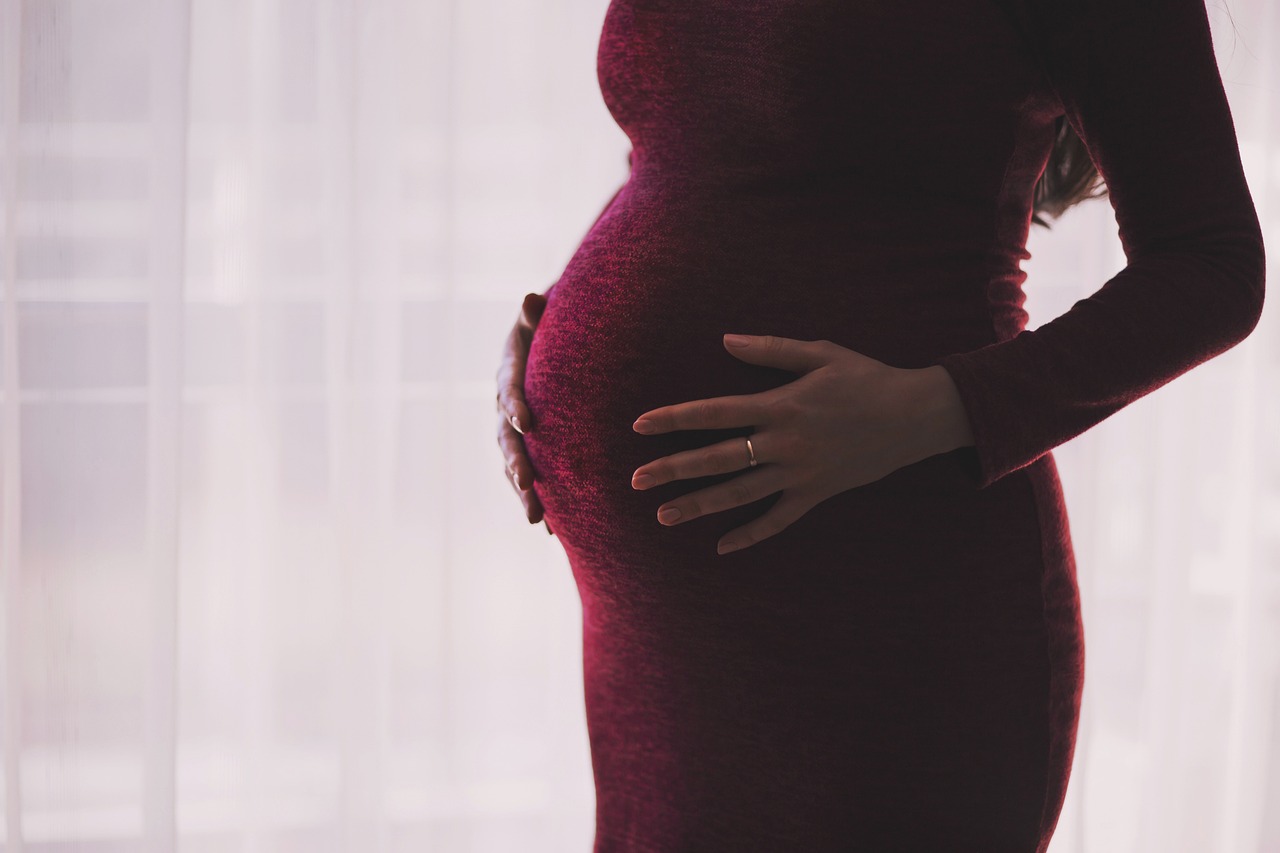
What pregnancy symptoms occur and when they occur is a very individual matter. Each woman may have different experiences with pregnancy, so there are no clear signals that always happen. Some women experience symptoms early. Even a week after conception. Others being pregnant, may not experience any symptoms for some time. Therefore, to be sure, it is worth taking a pregnancy test. And the best way to confirm pregnancy is a specialized gynecological examination.
The various pregnancy symptoms can also often be mistaken for disease entities. Multiple pains and discomforts may have a completely different cause – they do not always indicate pregnancy. In case of unpleasant and disturbing symptoms, it is always worthwhile to consult with a doctor.
Table of Contents
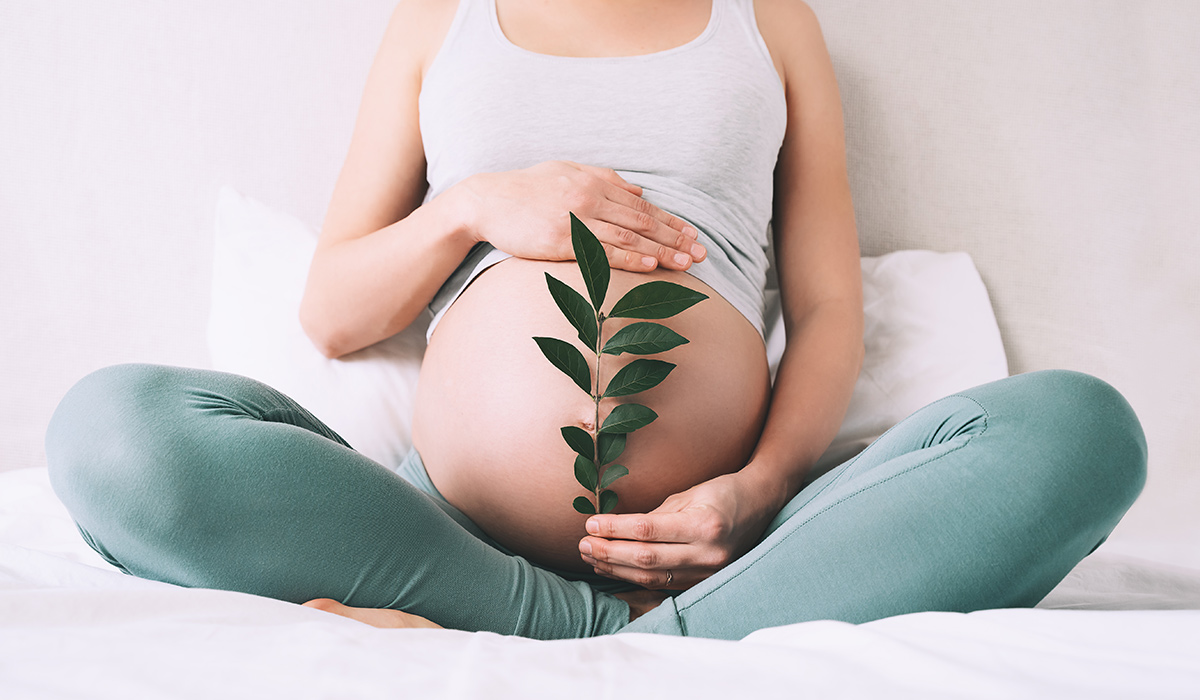
Pregnancy is an exceptional time in a woman's life. The key to the proper course of pregnancy is knowledge of… read more »

Premenstrual Syndrome (PMS) refers to a group of physical, emotional, and behavioral symptoms that occur in the one to two… read more »

Ovulation is a key stage of the menstrual cycle in which the mature egg moves into the fallopian tube. What… read more »

Perimenopause is the time when the body prepares for menopause. What symptoms can you experience during these changes? What is… read more »
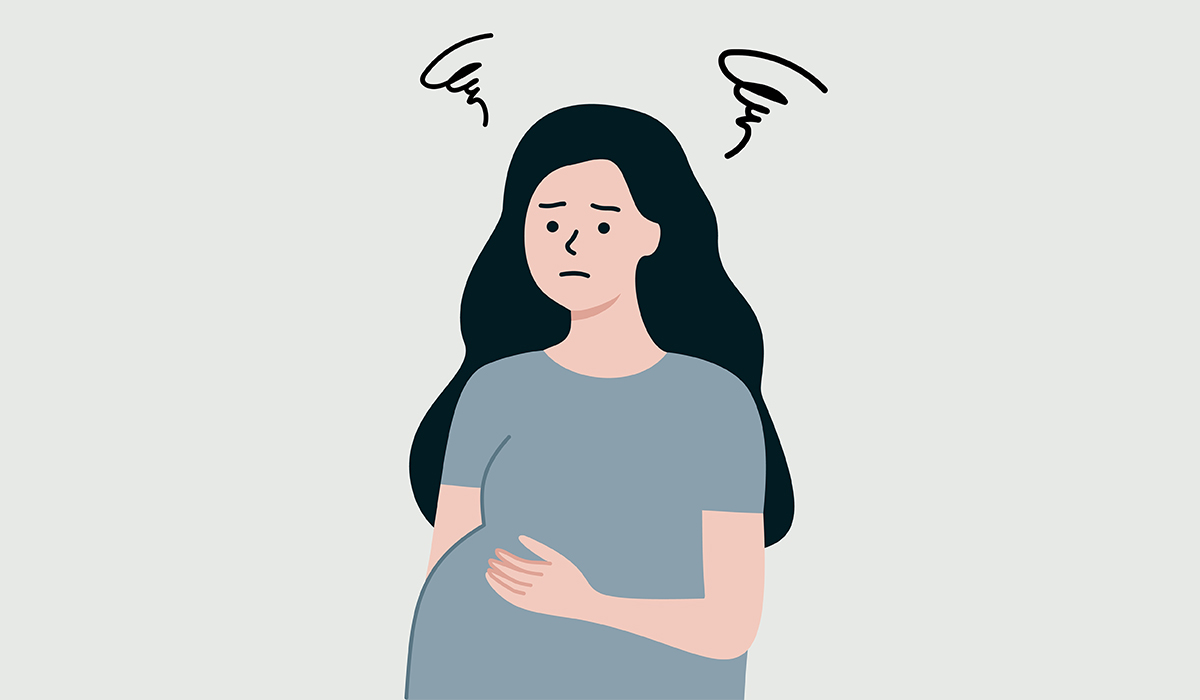
A miscarriage, or spontaneous abortion, is the loss of a pregnancy before the fetus can survive outside the womb, typically… read more »
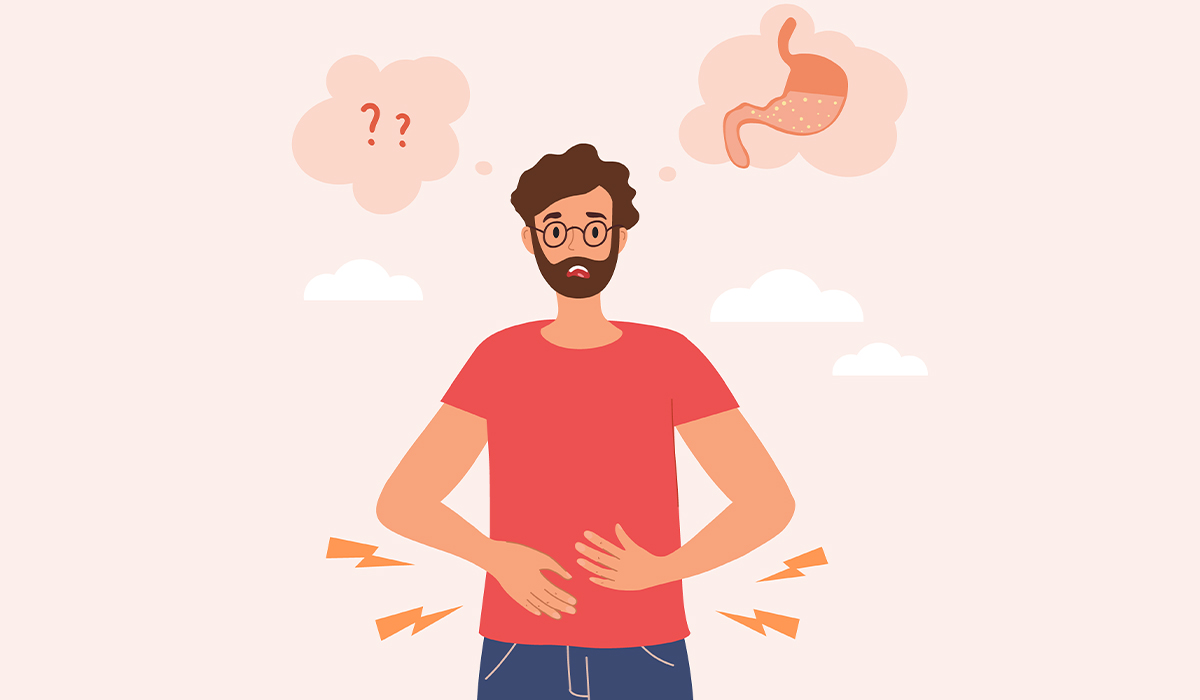
A bloated stomach is a condition characterized by a feeling of fullness, tightness, or swelling in the abdomen. What are… read more »
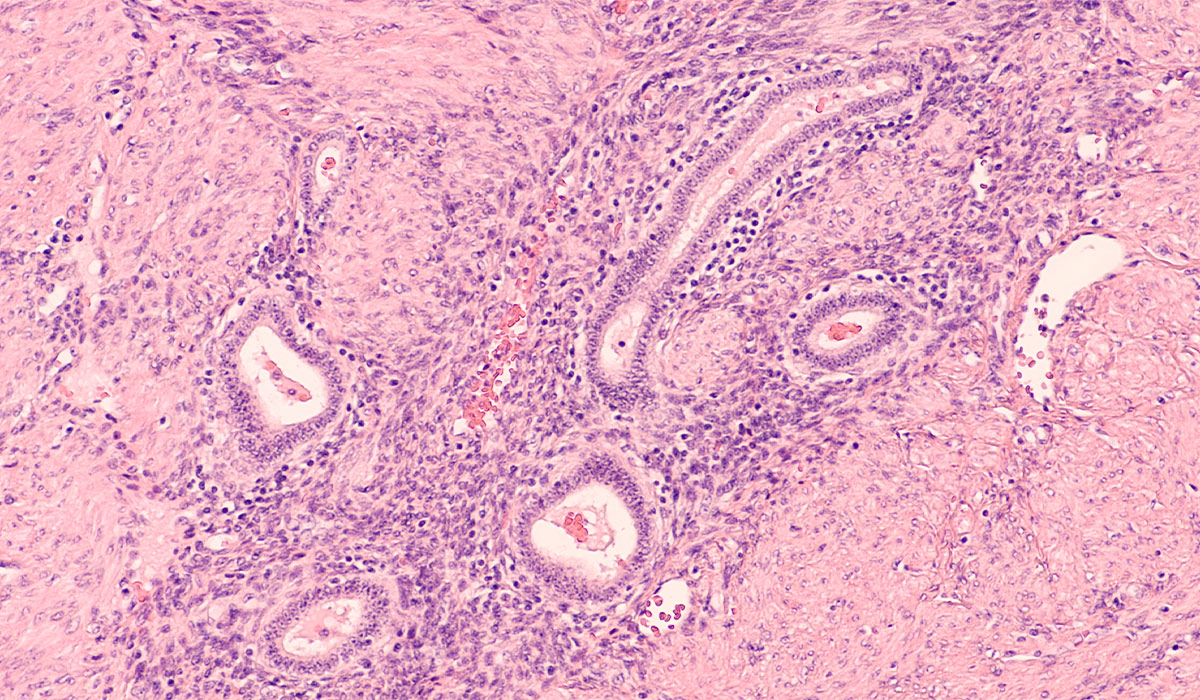
Adenomyosis is a chronic disease that can significantly reduce a woman's quality of life and limit her fertility. Learn how… read more »

The normal body temperature for a healthy person is 36.6 degrees Celsius. Minor deviations from this value are accepted. In… read more »
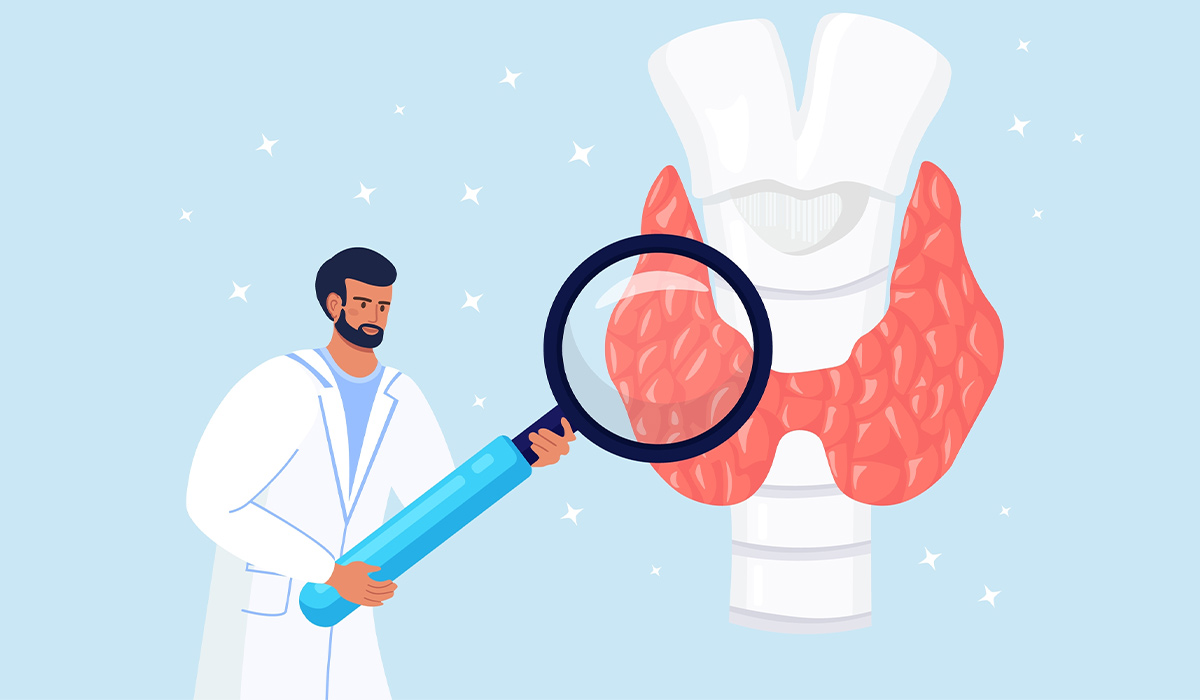
The thyroid is a small organ whose hormones regulate the body's metabolism. Check what are the signs of thyroid problems.… read more »